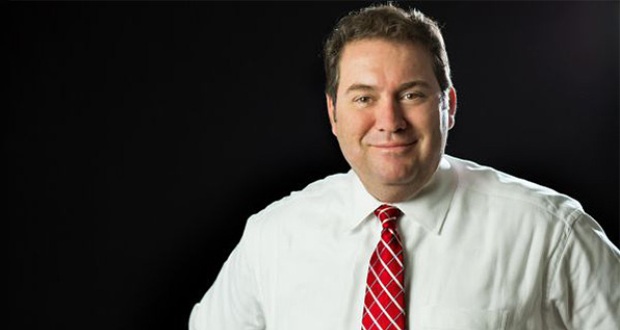Ducey looked for, found the right opportunities in life
Jeremy Duda//September 26, 2014//[read_meter]
Ducey looked for, found the right opportunities in life
Jeremy Duda//September 26, 2014//[read_meter]
Doug Ducey (Photo by Ryan Cook/RJ Cook Photography) In the early 1990s, Doug Ducey’s career at Proctor and Gamble was on the rise. Just a few...

















